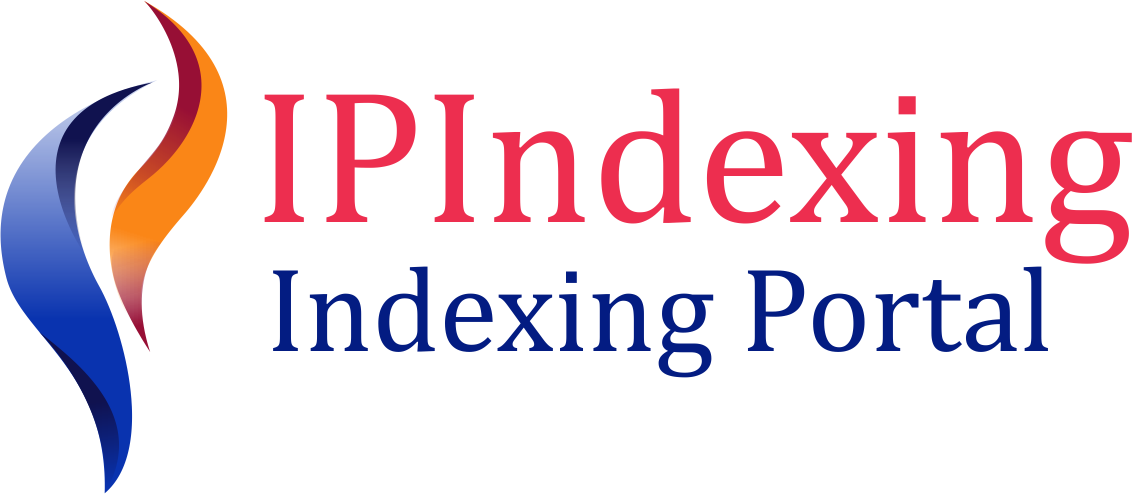Instrumen Analisis Hadith Sebagai Alat Pengukuran Isu Keselamatan Makanan Dalam PKS Sektor Perkhidmatan Makanan
Hadith Analysis Tool as Measurement Instrument for Food Safety Issues in the Food Service Sector SMEs
Keywords:
food safety, HACCP decision tree, hadith analysis tooAbstract
In the context of Malaysia, Small and Medium Enterprises (SMEs) are the industries that play
an important role in the production of food products and consumables. SMEs are a large
industry because involving large networks starting from the agricultural sector that supplies
raw materials to the manufacturing sector for the purpose of producing products before
being marketed to consumers. In other words, SMEs dominate the food industry in Malaysia.
The question is, there is a tendency among SMEs to tolerate safety measures in the process
of food preparation. The competitive environment between SMEs had an impact on the
production of unsafe products. This, in turn, resulted in the presence of impurities, usage of
prohibited chemicals or preservatives, the sale of expired items, reduction in the frequency
of cleaning of food preparation premises and so on. As for implication, SMEs are the main
medium for food safety issues. The findings show that there are eleven food safety issues
which are the main problems among SMEs in Malaysia, namely the issue of physical
contamination, chemical contamination issue, biological contamination issue, food workers
issue, air pollution issue, water pollution issue, environmental pollution issue, animal
pollution issue, public health issue, industrial processing issue and biotech issue in food. Of
these, there are twenty-nine hadiths which focus on discussions on the food safety issues
involved. In this study, Hazard Analysis Critical Control Point or HACCP is a standard that
used as the framework of early measurement instrument on food safety issues. Finally, the
study has developed hadith analysis tool in the form of a decision tree based on the HACCP
framework as a current food safety procedure as an alternative step in addressing food
safety issues in SMEs in Malaysia
Downloads
Downloads
Published
How to Cite
Issue
Section
License

This work is licensed under a Creative Commons Attribution-NonCommercial-ShareAlike 4.0 International License.
Copyright Notice
By submitting manuscripts to the Online Journal of Research in Islamic Studies (RIS), authors agree to transfer copyright to the journal. However, authors may republish their work or grant others permission to republish it; in which case it should be accompanied by a proper acknowledgment that the work was originally published in the Online Journal of Research in Islamic Studies (RIS). The journal adopt CC-BY-NC licence which authors may also share and distribute their article anywhere of non-commercial website, social media and repositories immediately on publication.
Authors may also reuse the Abstract and Citation information (e.g. Title, Author name, Publication dates) of their article anywhere at any time including social media such as Facebook, blogs and Twitter, providing that where possible a link is included back to the article on the journal site.












